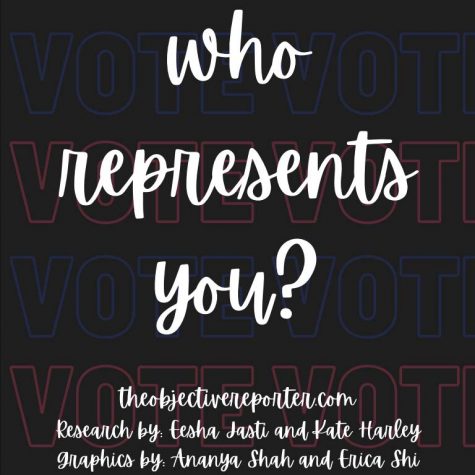Eric Greitens

February 20, 2018
Missouri’s governor, Eric Greitens, has been mentioned as a potential candidate for national office since his election in 2016, making frequent campaign trips on behalf of out-of-state Republicans, appearing in the first-in-the-nation caucus state of Iowa, and even purchasing the domain ericgreitensforpresident.com.
In January, he gained national attention — but for a very different reason. Local television station KMOV obtained a recording of a woman claiming she had an affair with Greitens in March 2015, and that he took a photograph of her, naked and blindfolded, as blackmail material. Greitens admitted to having a sexual encounter with the woman; in a joint statement by the governor and his wife, the couple said “there was a time when he was unfaithful in our marriage.” They called it a “deeply personal mistake” which was “dealt with…together honestly and privately.” In an interview with the Associated Press, Greitens denied the other allegations, saying it was a “consensual relationship” with “no blackmail” or “threat of violence.”
The St. Louis circuit attorney has opened an investigation into the blackmail claims, which she called “very troubling.” Despite calls from Republican and Democratic state legislators for Greitens to resign, the governor has signaled no plans to step down, even if his national ambitions are likely quashed forever. “I’m staying,” Greitens told the Associated Press, repeating himself for emphasis. “I’m staying.”
The woman behind the accusations has yet to be revealed: her story was told without her permission, by her ex-husband, who had recorded her recounting the affair. Albert Watkins, the ex-husband’s attorney, said in an interview with this reporter that the allegations were “the worst-kept secret in North America,” and that his client decided to share his story after repeated contacts from national media outlets, including one that contacted his client’s child. Watkins called this event “the straw that broke the camel’s back,” which he characterized as a “noble impetus.”
Watkins also said that his client “has been and remains fully committed to cooperate with all law enforcement authorities,” while also hinting that they had more recordings that have yet to be shared: “The full scope of the recordings maintained by my client has not been disclosed and will not be disclosed to anyone other than law enforcement and prosecutorial personnel,” he revealed. Watkins affirmed that his client stood by all of his assertions, despite Greitens’ denial of the blackmail claim, which he said was “not a surprise.”
“It is respectfully suggested that when one elects to belly up to the bar to own their s–t, they opt to belly all the way up to the bar,” the attorney added of the governor’s admission of the sexual relationship while contesting the more legally-troubling allegations.
JBS history teacher Jamie Wagner predicted that Greitens would remain in office, “unless the investigation turns up other incidents or there’s hard evidence that he did try to blackmail her.” However, he thought that the allegation “kills any higher aspirations he has,” even if he tries to “go on through this crisis.” Noting the U.S. President’s ability to frequently weather chaotic situations and shocking allegations (sometimes sexual in nature), Wagner added that Greitens is “maybe taking a lesson from Trump.”
Watching the allegations unfold has been personal for some at Burroughs, due to a unique connection between Eric Greitens and Isabella Koster ‘20 and Tommy Koster ‘22: their uncle, former Missouri attorney general Chris Koster, was the Democratic gubernatorial candidate who lost to Greitens in 2016. Although she pointed out “there’s no way of knowing what would have happened,” Isabella Koster shared her thoughts on how these salacious claims may have impacted the race: “I feel like if this would have come out before the election, my uncle would have won.”







